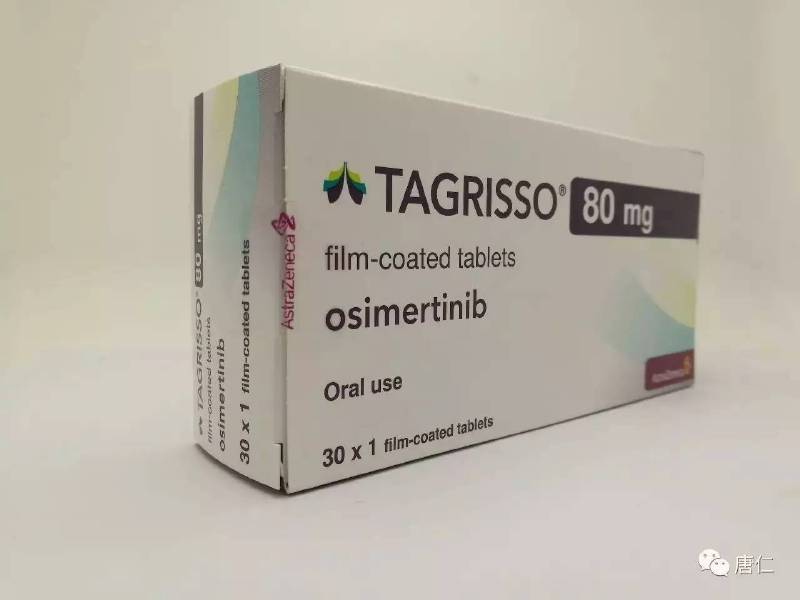Patients in England get fast access to AZ's Tagrisso in early lung cancer

The UK’s drugs regulator has swiftly granted a licence extension for AstraZeneca’s Tagrisso in certain patients with early stage lung cancer, with NICE allowing fast access to patients on England’s NHS.
The arrangements under Project Orbis, a global project run by the FDA that the Medicines and Healthcare products Regulatory Authority is supporting, aim to allow patients faster access to innovative cancer treatments.
Guidance from NICE on Tagrisso (osimertinib) in this type of lung cancer is not due until September this year at the earliest.
But under Orbis NICE, in agreement with NHS England, can enable early access to ensure patients have the chance to benefit from the new treatment option.
The label extension covers Tagrisso in adults with stage IB-IIIA non-small cell lung cancer (NSCLC) whose tumours have epidermal growth factor (EGFR) exon 19 deletions or exon 21 (L858R) substitution mutations.
This post-surgical treatment is backed by findings of the phase 3 ADAURA trial, which was the highlight of last year’s American Society of Clinical Oncology (ASCO) conference.
ADAURA showed that in patients with stage II-IIIA EGFR mutation-positive NSCLC, Tagrisso reduced the relative risk of disease recurrence or death by 83% compared to placebo.
When looking at the broader group of patients (stage IB-IIIA) – a secondary endpoint – treatment with Tagrisso reduced the relative risk of disease recurrence or death by 80% compared to placebo, after 24 months of treatment.
Data from ADAURA also show that, at two years in patients with stage IB-IIIA disease, 89% of patients treated with Tagrisso after surgery remained alive and disease-free versus 52% on placebo.
Dr Carles Escriu, consultant in thoracic medical oncology at The Clatterbridge Cancer Centre NHS Foundation Trust in Liverpool, said: “Today’s news is potentially practice-changing because, for the first time, we have access to a targeted treatment for early-stage lung cancer.
“Osimertinib is a well-tolerated, once-daily tablet treatment and data show that, when taken after surgery, it can reduce the risk of disease recurrence or death by 80% after two years of treatment in patients with Stage IB-IIIA non-small cell lung cancer who have an EGFR mutation.
“Early-stage lung cancer patients can now be tested for EGFR mutations to give them the chance of delaying the return of cancer after surgery.”













